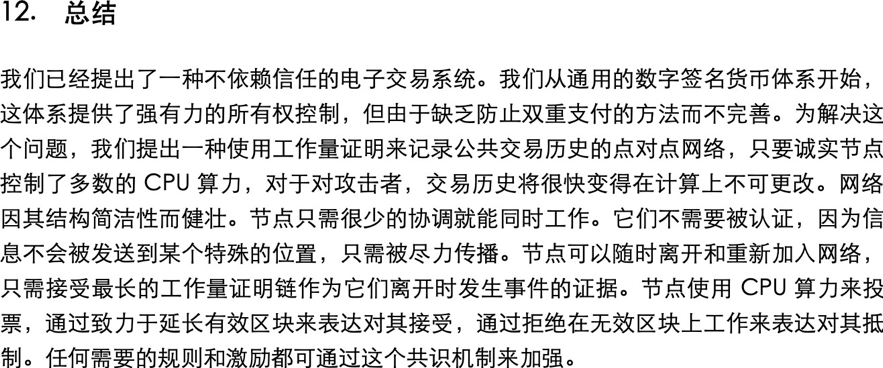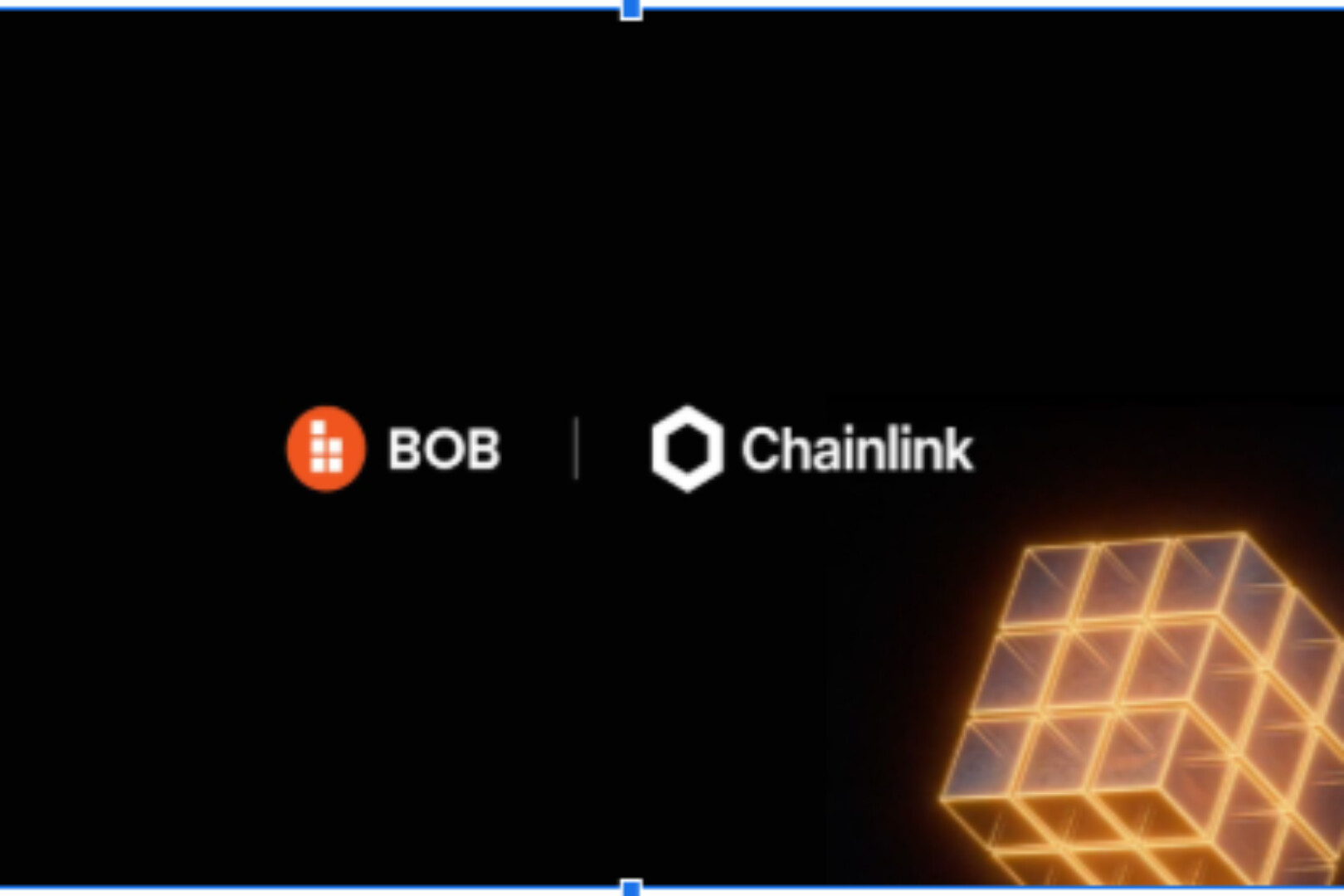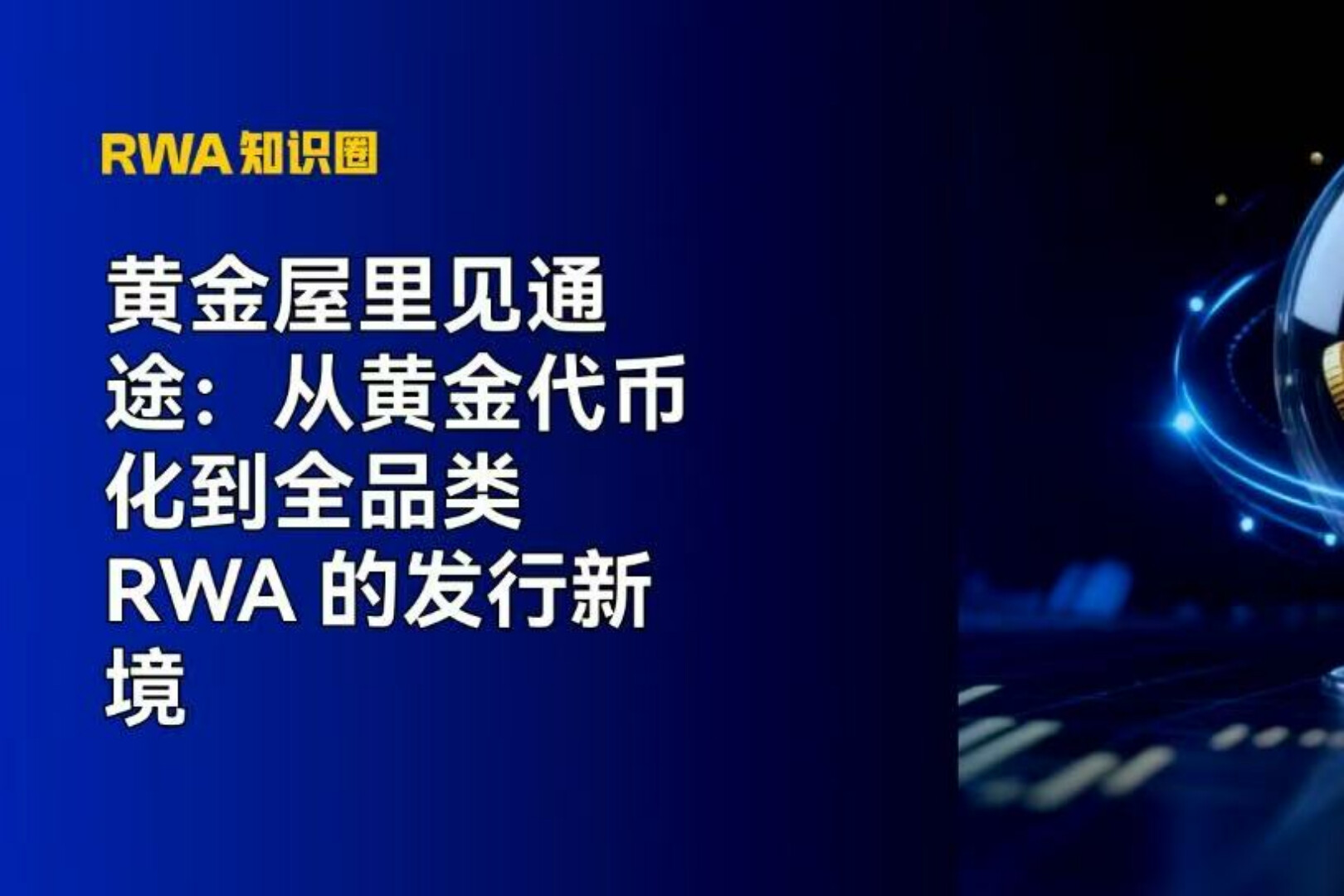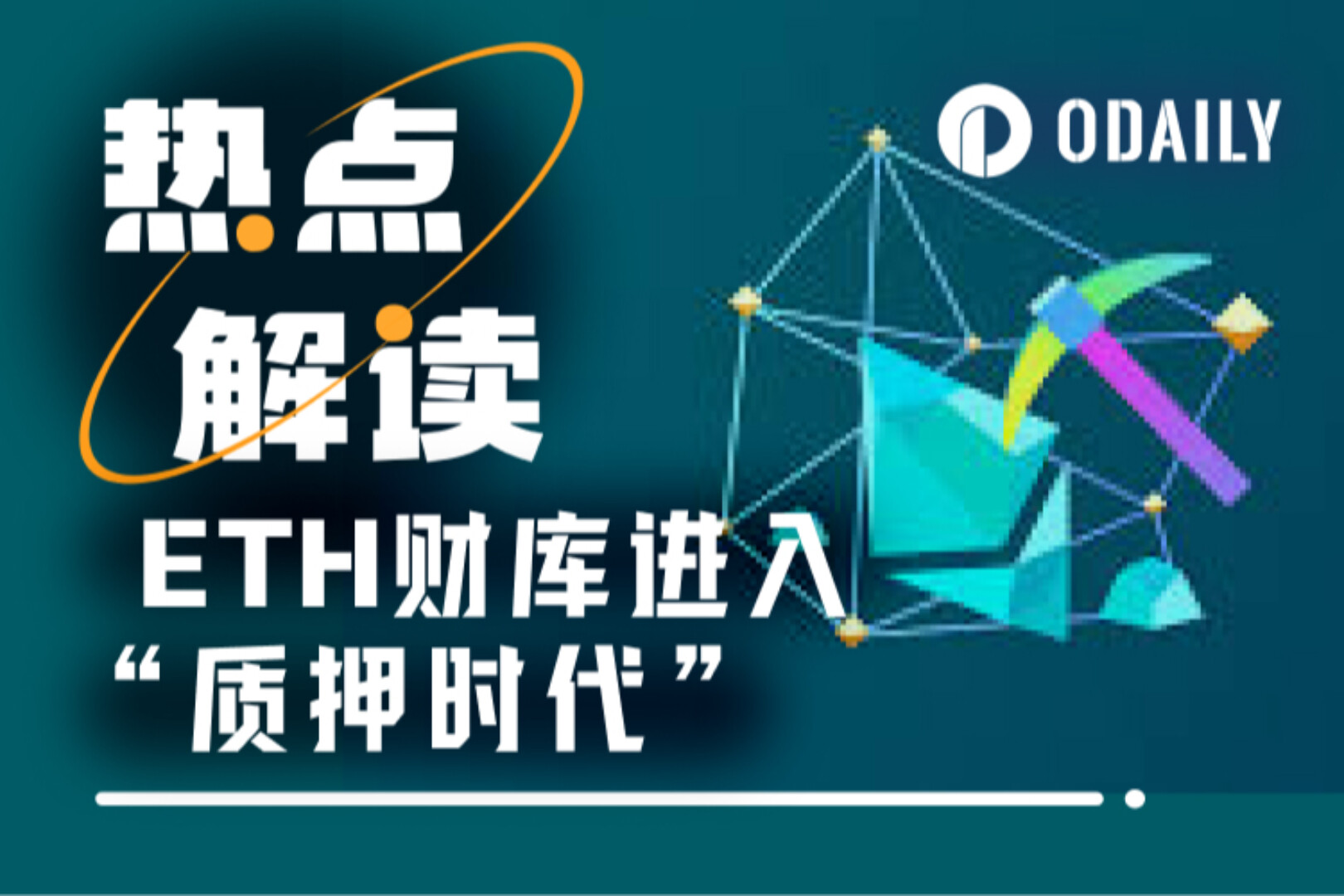Original Author: Raxy @Jsquare
In the previous article "Part 1 Predictions and Final Thoughts on the Banking Craze - Privacy, Credit, DID", we predicted and analyzed the demand-side growth that may be brought about by the liquidation tide. In the overall paradigm shift, I tried to explore What the real crypto narrative should be.
The encrypted world originated from an idea similar to utopia, which is a group creation that is constantly relayed because of belief.secondary title
What kind of narrative does the crypto market need?
After the run frenzy, I told countless friends that the encryption market is like a wooden barrel that is still leaking everywhere.
We have discovered the charm of donation governance, while the treasury has been reduced to the team's private treasury, and the incubation plan has been reduced to the capital assembly line.
We started to expand incremental users, and at the same time, we faced countless Ponzi and zeroing users.
We pay attention to the security audit of the contract. At the same time, countless assets have been stolen, projects have run away, and liquidity has dried up.
We want to improve the retention rate of our products. At the same time, what we face with new users is countless dolls and lock-ups, which is "true retention".
We shouted the slogan of the metaverse, the market exploded, and everyone said that what they were doing was the metaverse.
The project party is not doing things, but writing poetry.
There's so much blood here that Crypto Native prefers to call it the "Dark Forest."
It seems as if the new order is declaring, "If you want to go through this road, leave the road to buy money." Crypto will all be financialized to show the world the power of the free market. This power allows things to heal and evolve quickly, with anti-fragility. At the same time, a large number of projects and entrepreneurs died quickly in the cycle of free competition and high-speed iteration.
secondary title
"The Grand Narrative"
Jean-François Lyotard in his book The Postmodern Condition"The Grand Narrative"(meta-narrative) term. The "grand narrative" can explain everything and point to the future of all social issues. In short, it critiques the legitimacy and legitimacy of science in narrative. I will not discuss Lyotard and his postmodern thoughts in detail here, but will give a brief example, which makes me rethink the narrative of the Crypto market.
Lyotard cites the example "This cat is white" in illustrating his concept of phrases. The person who says the phrase is the speaker (addressor), the person who listens to the words is the receiver (addressee), the cat becomes the reference (reference), and "is white" represents the sense (sense). Once the word is uttered, the four elements are immediately brought together to construct a phrase universe.
Then the problem arises. Under what circumstances did you say this, and to whom did you say it? What if the speaker insists that "the cat is white" if the cat is black or another color? Or is it not a cat at all but a pig? The meaning of this sentence is different in the context of classrooms, daily chats, courts, and mental nursing homes. It has different meanings to people who have raised cats but not.
Behind the language is not only the above context, but also the ideological structure and power.
In a market-driven global economy, the value of postmodern knowledge lies in its efficiency and profitability."Postmodern knowledge" here can be understood as many hyped stories in modern history, and perhaps "Metaverse" is one of them.
In fact, this kind of criticism is hidden everywhere in the market. Every judgment we make is an analysis and choice of "meta-narrative". We ask, what is the real demand and what is the false demand? Do we know what a story is and what is achievable? All these details are reflected in the Token price in the encryption market all the time.
Today, we do not prescribe medicine, we choose to expose those things that cannot be seen by mainstream discourse, and give these silent phenomena a ruler. After that, we may calm down and reflect when the market is FOMO. What we have to do is:
secondary title
narrative over narrative
In Lyotard's view, as capital operation has increasingly become the main form of human social development, "knowledge" has gradually become a kind of capital.
In such a state, the authenticity of "knowledge" itself is greatly reduced. When knowledge is no longer credible, people's "narratives" in social interactions also lose credibility.
This kind of criticism is not to replace the old order, but to try to find a crack and lead individuals to restore the truth (to ensure that the Web3 builder can stay awake), to ensure that a new order is not chaotic (to ensure that the narrative of the encryption market is a true endogenous demand).
If we don't know anything about the society in which "knowledge" lives, we can't know what "knowledge" is, let alone what problems its development and dissemination encounter today.
image description

Satoshi Nakamoto's Final Summary in the Bitcoin White Paper
In just 9 pages of text, Satoshi showed what "knowledge" (Bitcoin) is, and the society in which this "knowledge" is located (Genesis block also contains information written by Satoshi: "Times 03/1 /2009 Chancellor on brink of second bailout of banks. This message is a timestamp referring to newspaper headlines on January 3.)
Today, 14 years have passed, and encryption has entered the mainstream stage of the world. The whole world is watching this monster. With more and more capital pouring in, we should be sober and calm when we are in it, thinking about what our "knowledge" is?
It can be seen from V God's blog that his state of mind has been changing. Do the vast majority of decentralized believers still remember what our "knowledge" is, and what is the position of "knowledge" in society now?
"Knowledge" has become a commodity, a resource, and a war, but Lyotard breaks it down into,scientific knowledge and narrative knowledge. For example, mathematics needs to count, but why count? In fact, you don’t need to know, mathematics is just counting. We are taught that mathematics can lead to truth, mathematics can be turned into Code, and Code is Law.
The encrypted market is full of countless "narrative knowledge", and it is also full of countless "scientific knowledge". The combination of the two forms a "grand narrative". This "grand narrative" has naturally become a "consensus", because the distinction between the two is like the so-called consensus.
We often say in the primary market, what projects are projects that can survive the bull-bear cycle, which is equivalent to saying, we should doubt which narratives are based on narratives? Is it true "scientific knowledge"?
With "changes and information", "criticism and suspicion", to explore the boundaries of "grand narrative".
Gavin Wood said in his interview:
“Web3 is a bit like the home computer revolution of 80, 81, 82. People ask where is AI? Where is VR? But the difference is we have computers that are much more powerful than they were back then.
While Web3 has come a long way in computing power, there is still a considerable gap in higher-level elements. These gaps basically boil down to software, software libraries, software development kits, services and integrations. Integration refers to integration with services elsewhere in the world, whether they are digital or physical.
We are slowly moving forward, but it will take a while. It's not something you flip your fingers over, invest a billion dollars, and hope it's all done in three months.
Many people need to understand that this is an educational issue as well as a technical issue. Everyone has to think about what this is.
Just like 5 or 10 years before the emergence of Web2, many Web2 products can actually be built on the basis of existing technologies, but these products have not appeared for a long time. It wasn't until everyone mastered the Web Internet that Web2 appeared. It is because everyone understands the difference between a telephone line and a dsl line, how to connect to the Internet, and the difference between a computer connected to the Internet and a computer that is not connected to the Internet, that Web2 appears.
secondary title
"Find a break in the crypto market, learn to educate the market"
Recently, a very important criterion in our investment methodology is whether the project and the team have the ability to educate the market.
Consciously educating the market through our own products is essentially a glimpse into the "grand narrative" and a filtered action. We focus on finding out whether those backgrounds really exist in the market? Instead of simply listing a comparison chart, mark ✔ and ✘.
I used to be skeptical about the high volatility of the encryption market. I tried to find the problem from "Is DeFi's over-collateralization really the best solution?" I found that we need a credit evaluation model, but also need The deconstruction and construction of identity also requires supervision and trust, and we need too much.
I have listed the disadvantages of overcollateralization in the previous article, but it is still relatively the best mortgage model at present. But, why?
Later, I read a sentence written by Taleb in "The Black Swan of Cairo":"Change is information."It is so many changes that make this market antifragile, and it is endless information. But I don't think this is telling us that volatility is reasonable. Information provides us with a boundary, allowing individuals to have a space to accommodate marginalized thinking patterns.
In this new order, we need to be vigilant about the "grand narrative" like Lyotard, so that we can better borrow the "anti-fragility" and "change is information" of the encryption market to truly construct a new order . Only in this way can we slow down.
Fear cannot change the world, and the core of Web3 is not only a technical issue, but also an educational issue.
Such critical skepticism is often criticized as nihilistic and relative, and most of them are aimed at the inappropriateness of their criticism, and I once thought so. But what is before us now is a hodgepodge, a market full of various high-speed information. We try to deconstruct all of this and discover the problems and drawbacks of the old order, and continue to use marginalized thinking to build a new order (this It is also the "What is Crypto Native" that most people discuss?)
Lyotard is a person who has a firm belief in a pluralistic society and diverse discourses. Anyone who criticizes Lyotard "what is the use of your theory to society" is not talking about issues under his paradigm. He never told us to be a shrinking turtle who only criticizes and pursues the sublime.
What we can do is try to give those silent phenomena a "name" from the warning to break the collective illusion, instead of falling into the ultimate instructions brought by a certain discourse structure.
V God’s Blog is what makes me feel the deepest. I am glad that there is such a person in the encrypted world who is always discovering and exploring the boundaries of the "grand narrative".
Find out the breaks as much as possible, instead of tokenizing all these, so that the Web3 and encryption market can be accepted by the real public.
We need to be skeptical of all current "grand narratives,"Perhaps there is no such thing as modern and postmodern at all.
Because, we can discuss finance, history, politics, art, and even the grand destiny of mankind in the encrypted market. All of this constitutes what we call "consensus".
secondary title
Reference:
1.Jean-François Lyotard
2.Bamford, Kiff. Jean-François Lyotard: Critical Lives. London: Reaktion Books, 2017.
3.Elliott, Anthony, and Larry J. Ray. "Jean Francois Lyotard." Key contemporary social theorists. Malden, MA: Blackwell Publishers, 2003.
4.Readings, Bill. Introducing Lyotard: Art and Politics. New York: Routledge, 1991.
5.http://www.sohu.com/a/144435486_559362
About Jsquare:
Jsquare is an investment research and technology-driven investment institution, focusing on empowering Alpha projects in the Web3 industry to promote the large-scale application of blockchain technology. At present, our own capital management scale exceeds 150 million US dollars. Portfolio includes CeFi (CoinList, 3iQ, Republic, FV Bank), Gaming/NFT (Efinity, Big Time, Thetan Arena, Apeiron), Infrastructure/Tools (Pocket, Render, ChainSafe, GSN), etc.





